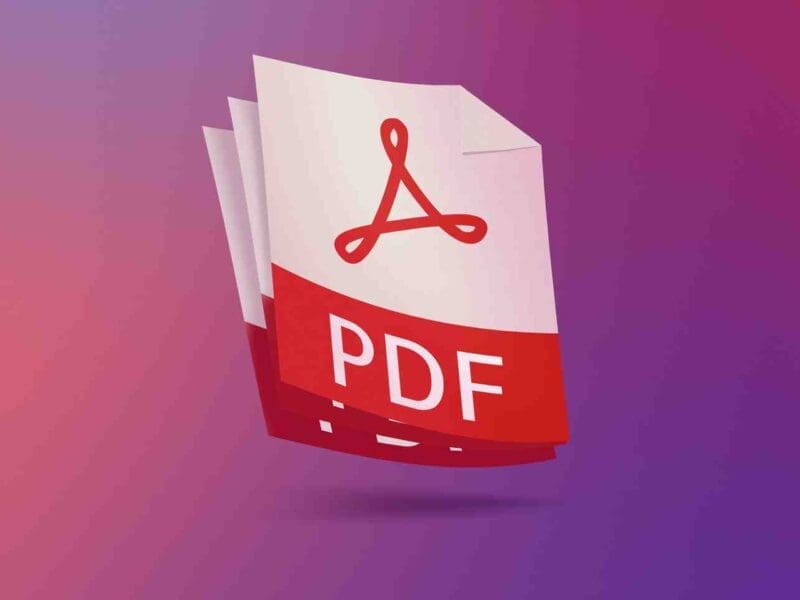
Why VPNs are Essential for Secure Online Transactions
In today’s digital age, where online transactions have become the norm, the importance of secure and private financial interactions cannot be overstated.
Virtual Private Networks (VPNs) have emerged as indispensable tools in ensuring the safety of online transactions.
This guide delves into the world of VPNs, elucidating why they are essential for secure online transactions and how they work to protect your financial data.
The Importance of Secure Online Transactions
The internet has revolutionized the way we conduct financial activities.
From online banking and shopping to investment and bill payments, virtually every aspect of our financial lives has migrated to the digital realm.
While this offers convenience and accessibility, it also exposes our financial data to potential risks.
The Vulnerabilities of Online Transactions
Online transactions are vulnerable to various threats, including:
- Cyber Attacks: Hackers and cybercriminals constantly seek vulnerabilities to exploit for financial gain.
- Data Interception: Data transmitted over the internet can be intercepted, exposing sensitive financial information.
- Identity Theft: Stolen financial data can lead to identity theft, a pervasive and damaging crime.
- Phishing Scams: Fraudulent websites and emails mimic legitimate financial institutions to trick users into revealing their financial details.
- Government Surveillance: Some governments engage in mass surveillance, potentially compromising financial privacy.
How VPNs Enhance Online Transaction Security
Encryption and Data Privacy
Encryption is a fundamental concept in cybersecurity and online privacy.
It involves the use of complex mathematical algorithms to convert plain text or data into an unreadable format known as ciphertext.
Only individuals with the decryption key can convert the ciphertext back into its original, understandable form. In the context of VPNs and secure online transactions:
- Encryption Protocols: These are sets of rules and algorithms used by VPNs to encrypt data. Common encryption protocols include AES-256 bit encryption, OpenVPN, and WireGuard. AES-256 bit encryption, for example, is considered highly secure and is used by governments and organizations worldwide to protect sensitive information.
- Data Privacy: Data privacy refers to the protection of an individual’s personal and sensitive information. When you use a VPN, your data is encrypted before it leaves your device and is decrypted only at the VPN server. This means that even if someone intercepts your data during transmission, they won’t be able to decipher it without the encryption key.

Anonymous IP Address
Your IP address is a unique numerical label assigned to your device when it connects to the internet.
It can reveal your approximate geographic location and be used to track your online activities.
When you connect to a VPN server, your real IP address is masked, and your online activities become associated with the VPN server’s IP. This has several implications:
- Online Anonymity: Your online activities become associated with the VPN server’s IP address, not your own. This makes it difficult for websites, advertisers, or malicious entities to trace your online behavior back to your physical location. This VPN security is very advantageous.
- Geo-Restrictions: Some websites and online services restrict access based on geographic location. When you use a VPN, you can select a server in a different country, effectively bypassing these restrictions. For example, you can access content that is only available to users in the United States while physically located elsewhere.
Bypassing Geo-Restrictions
Geo-restrictions refer to limitations imposed by websites or online services based on the user’s location.
These restrictions are often applied to comply with licensing agreements, regional laws, or content distribution rights. When you use a VPN to bypass geo-restrictions:
- Virtual Location: By connecting to a VPN server in a specific country or region, you adopt the appearance of being physically located there. This allows you to access content and services that are otherwise unavailable in your actual location. For example, you can watch streaming services that are restricted to certain regions.
- Online Freedom: Bypassing geo-restrictions empowers users to enjoy online freedom and access a broader range of content and services. It ensures that your access to information and entertainment is not limited by your physical location.
Protection on Public Wi-Fi
Public Wi-Fi networks are often found in places like cafes, airports, hotels, and libraries. While convenient, these networks are typically insecure and can pose significant risks to your online security:
- Data Interception: Cybercriminals can intercept data transmitted over public Wi-Fi networks, including your login credentials, financial information, and personal data.
- Man-in-the-Middle Attacks: Attackers can position themselves between you and the public Wi-Fi network, intercepting and potentially altering the data exchanged between your device and the network.
Using a VPN on public Wi-Fi provides the following benefits:
- Encrypted Connection: A VPN encrypts your data, making it unintelligible to anyone attempting to intercept it. This ensures that your sensitive information remains secure.
- Anonymity: When you connect to a VPN server, your real IP address is hidden, adding an extra layer of anonymity. This makes it more challenging for attackers to target you specifically.
Secure File Sharing
File sharing refers to the process of transmitting files from one user to another, typically over the internet. In the context of secure online transactions, secure file sharing involves:
- Encryption: When you share files using a secure method, the files are encrypted to prevent unauthorized access during transmission. This ensures that even if intercepted, the files remain protected.
- Access Control: Secure file sharing often involves access controls, where you can specify who can view, edit, or download the shared files. This allows you to control who has access to your financial documents and sensitive information.

Choosing the Right VPN for Financial Transactions
Selecting the right VPN for online financial transactions requires careful consideration.
Here are some essential factors to keep in mind:
Strong Encryption
Opt for VPNs that use robust encryption protocols like AES-256 bit encryption to ensure the highest level of security.
No-Logs Policy
Choose VPN providers with strict no-logs policies to guarantee that your financial activities remain private.
Server Locations
Select VPNs with servers strategically located to ensure fast and reliable connections for your online transactions.
Speed and Performance
For seamless financial transactions, opt for VPNs known for their high-speed performance and low latency.
Conclusion
In an age where digital financial transactions are the norm, safeguarding your financial data and online privacy is paramount.
VPNs play a crucial role in ensuring that your online transactions remain secure and private.
By encrypting your data, providing anonymity, and bypassing geo-restrictions, VPNs empower you to take control of your financial security in an increasingly interconnected world.
Choose a reputable VPN, follow best cybersecurity practices, and enjoy the peace of mind that comes with knowing your financial future is protected.
Frequently Asked Questions – (FAQs)
Are VPNs Legal for Online Transactions?
Yes, VPNs are legal in most countries and can be used for online transactions. However, it’s crucial to use them responsibly and not engage in illegal activities.
Can I Use a Free VPN for Financial Transactions?
While free VPNs exist, they often come with limitations, such as data caps and slower speeds. To ensure the highest level of security for your financial transactions, it’s advisable to invest in a reputable paid VPN service.
Is Mobile Banking Secure with a VPN?
Yes, mobile banking can be made more secure with the use of a VPN. By encrypting your connection and masking your IP address, a VPN adds an extra layer of security to your financial activities on mobile devices.
Can a VPN Protect Against Phishing Scams?
VPNs can enhance protection against phishing scams by encrypting your data and ensuring that your connection is secure. However, it’s essential to remain vigilant and practice good cybersecurity hygiene to avoid falling victim to phishing attempts.







